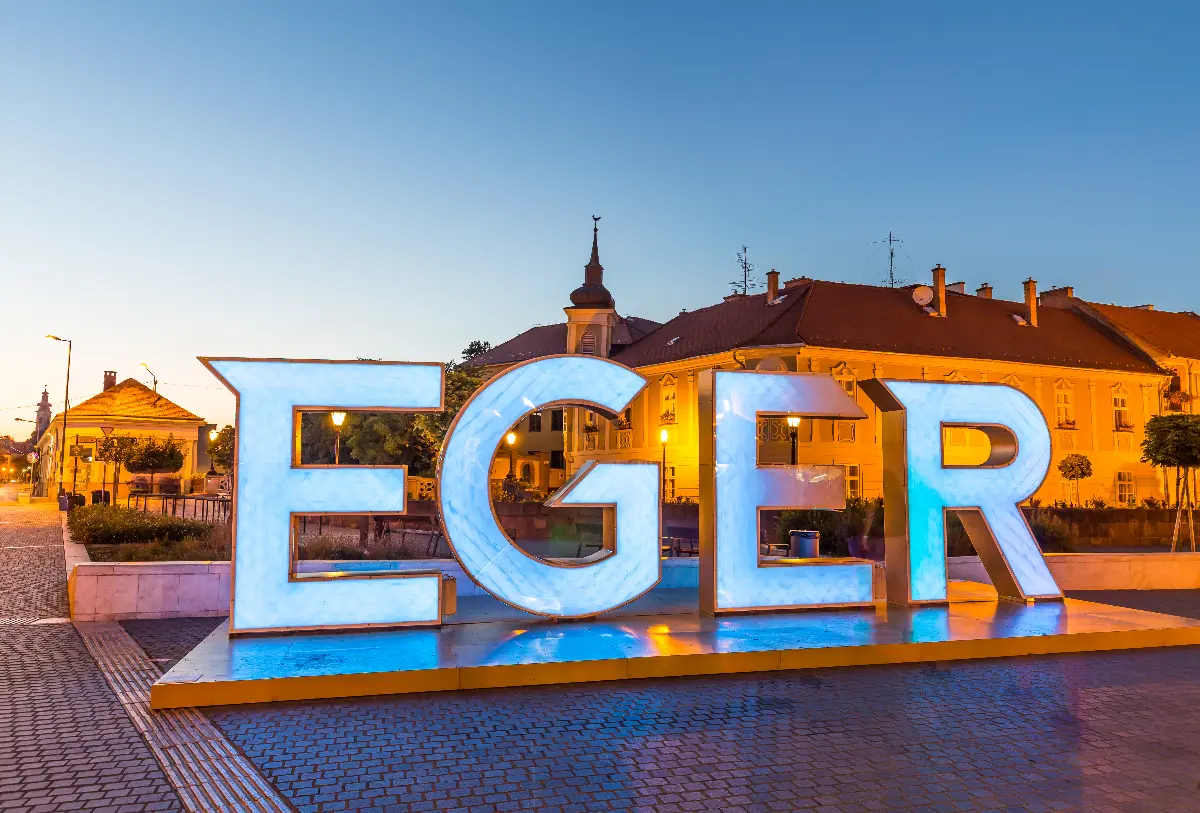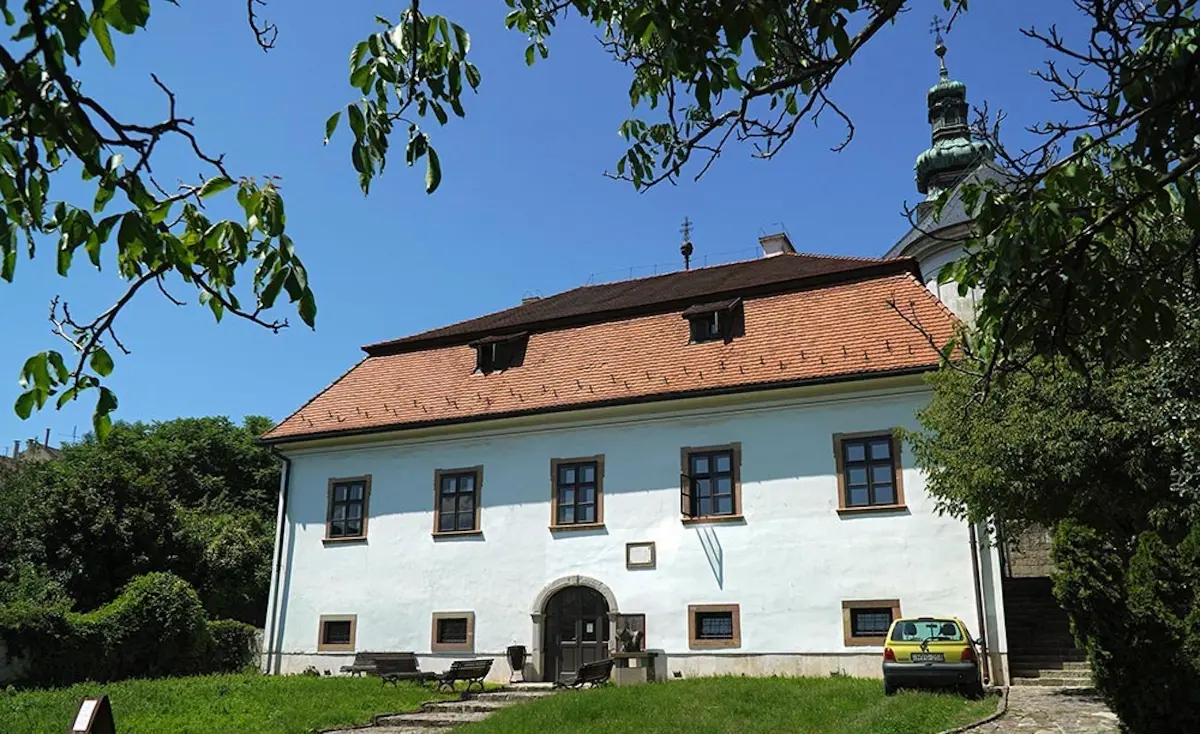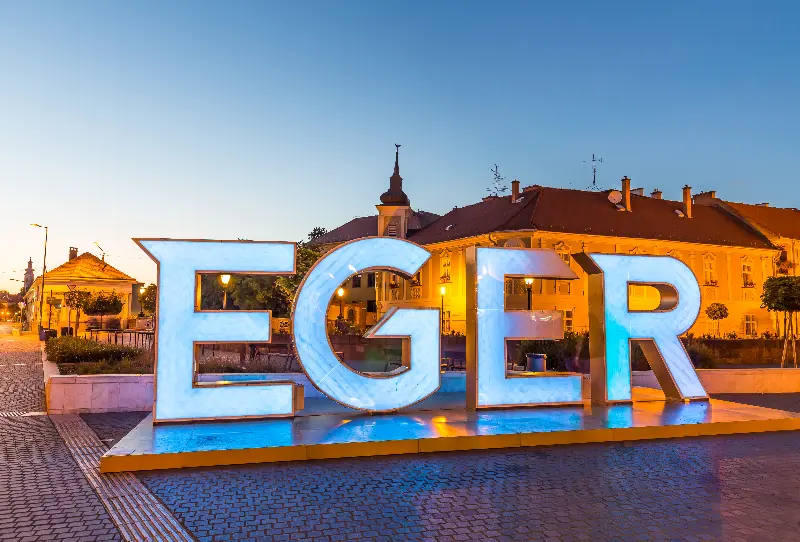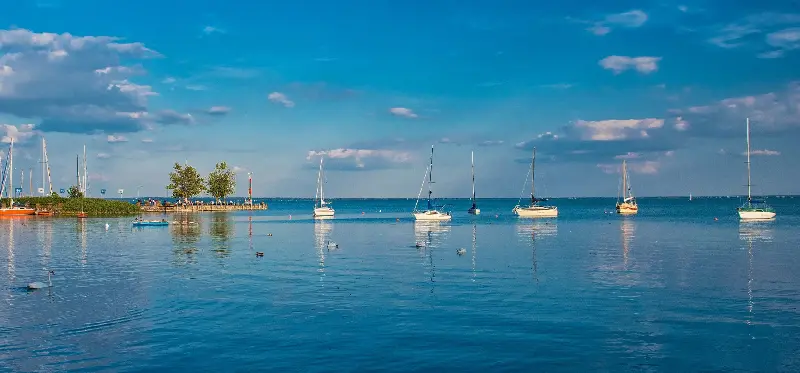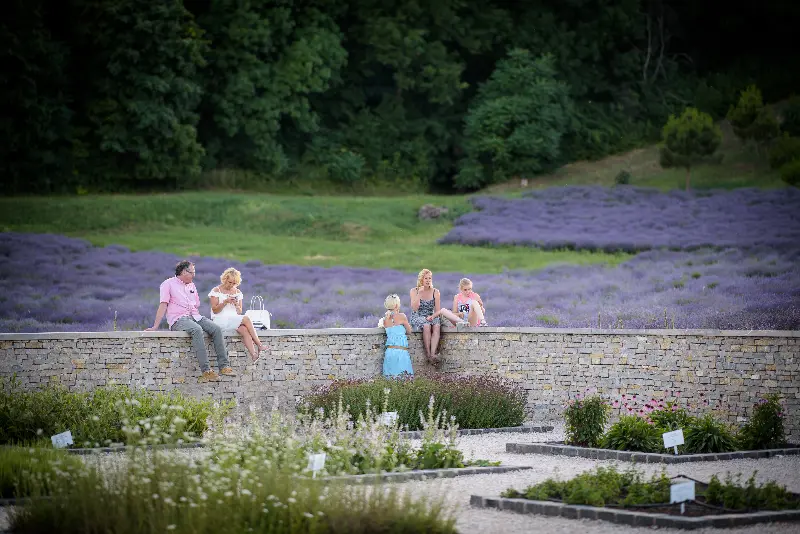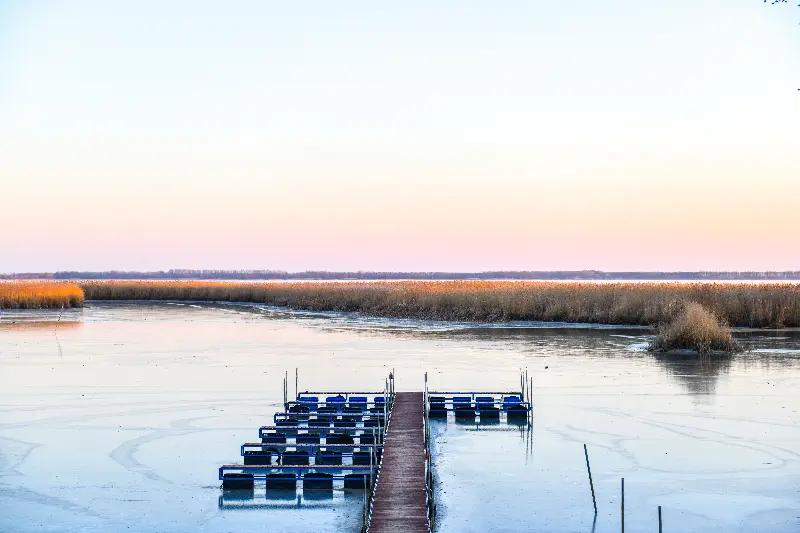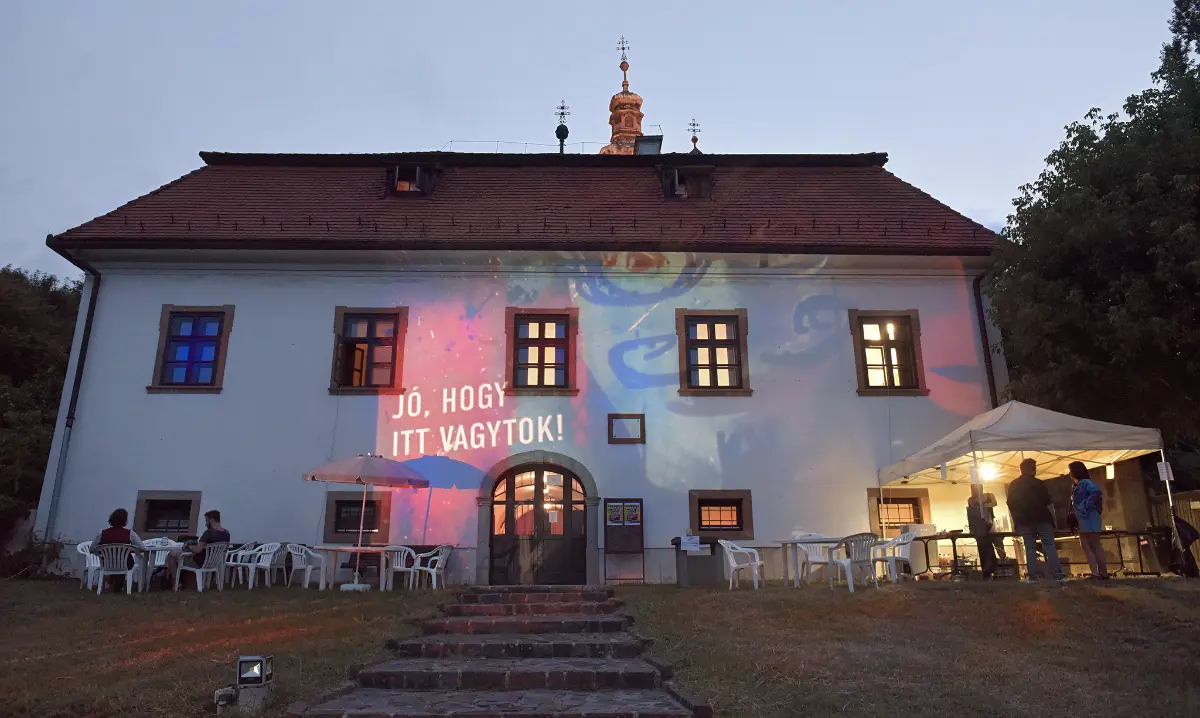
Helyszín címkék:
‘Vitkovics Alkotóház’ (Creative retreat Vitkovics) is the arts centre in downtown Eger, where anyone can express their creativity.
Bóday Csilla
What kind of programmes may be expected this season?
The Vitkovics House, as one of the premises belonging to the Cultural and Art Centre of Eger, is a special spot in the activities of the institute. The historic building is cultural heritage, which is an attraction including museum pieces itself, besides being the venue where several forms of arts can meet. In 2021, the Vitkovics Club was launched, which comprises new contents and offers programmes of music, literature and fine art to youth. The popular concert series continues next year on the stages both indoor and in the yard of the house, where young, talented park bands, who have never been seen in Eger, give club concerts. In the event, performers from Eger will be on stage. The thinker’s life and work from the Reform Era is shown by objects, banners, graphics, publications, and letters in the Mihály Vitkovics room of the building. The place might be suitable for giving lectures or literature classes. Inserting tradition into art programmes is being planned.
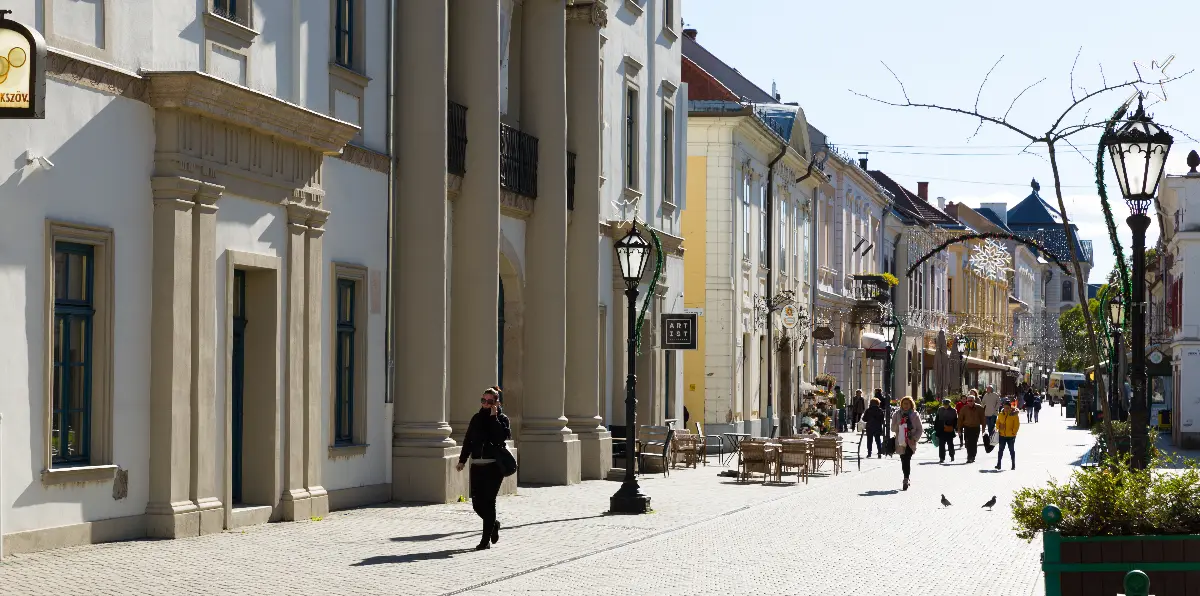
What are the most favourite forms and trends in arts among visitors?
Music is inevitable, which is proved by the atmosphere of concerts and curiosity. Young people are also interested in literature, as fans of slam poetry, the members of the literary workshop named Szövegtrafik, has occupied the house with their regular programmes. Fine arts has the longest tradition. In 2022, we welcome our visitors in the attic gallery with a series of concerts and the extension of two former exhibitions, the Exhibit of Local Amateurs and Crossings, too. Further on, film and video culture will get a place in the building within the scope of the Motion Picture Club.
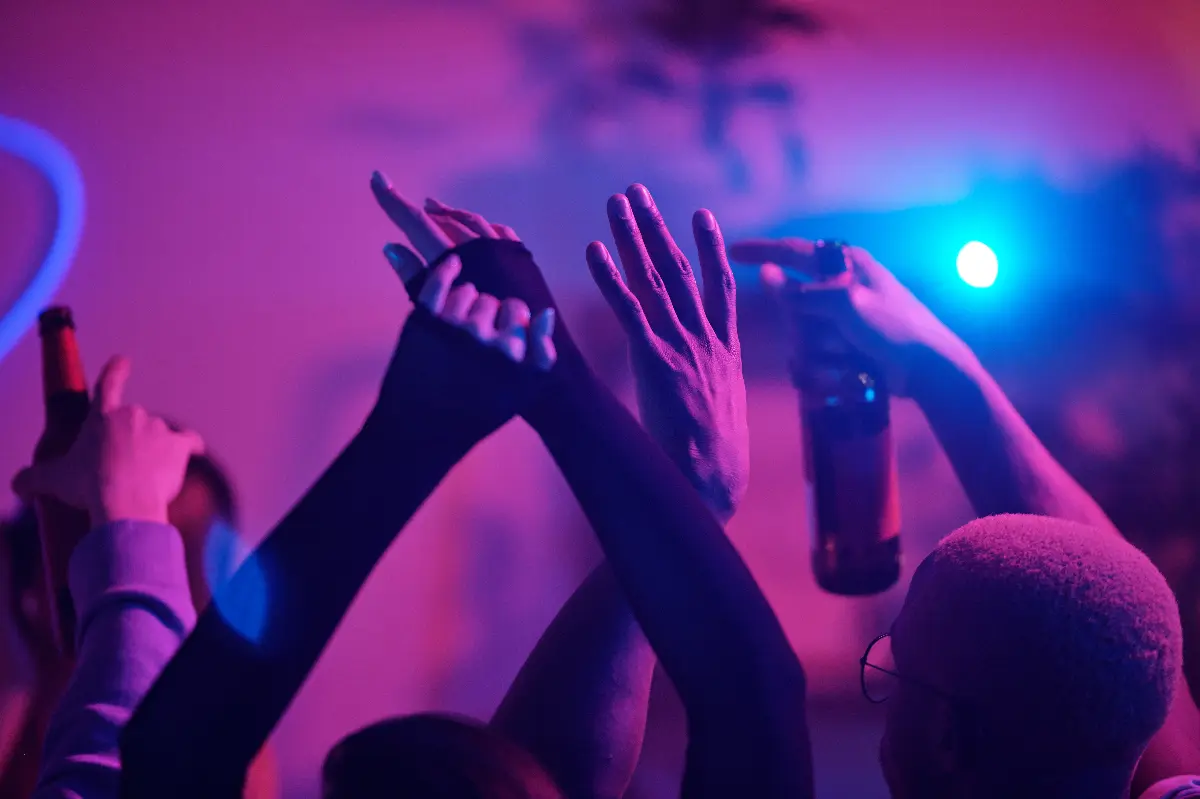
How can the nearby Rácz church be integrated into your artistic, sacred programmes?
This year we are planning several programmes, which are connected to Serbian culture, and traditions in the field of music and literature. The folk music programme combining Serbian folk music and folk dance performances can be a unique event. The vicinity of the church, the tradition and the cultural heritage of the house is part of the culture in the city. The location with the church and stone walls painted by lights provides a special environment for outdoor concerts.
The poet and literary translator, Mihály Vitkovics’s relationship to Eger
Mihály Vitkovics’s ancestors came from Trebin in Herzegovina, who fled from Turks to Hungary. His father, Péter Vitkovics (Petar Vitković) was a Serbian orthodox rural dean, his mother was Maria Glisics (Marija Glišić). He spent his childhood and he also studied in Eger; from 1791 to 1798 he finished the secondary grammar school there as well, he learnt rhetoric for only one year in Buda. He studied the first year of law in Pest, the second in Eger; then he returned to Pest for his practice as a law student, finally he passed the lawyers’ exam in 1805.

